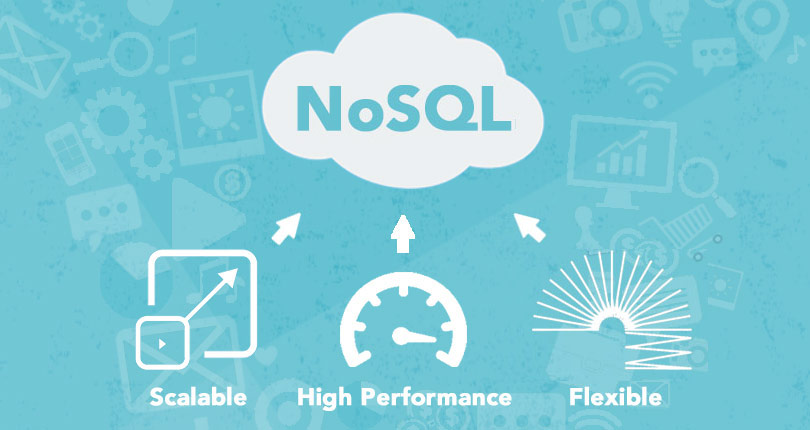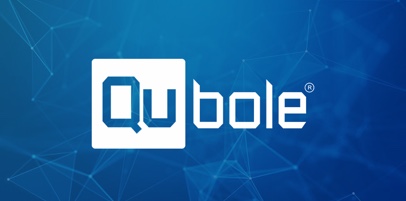Big Data
Big data is getting bigger and more chaotic every day. Thanks to the Internet, social media, mobile devices, and other technologies, massive volumes of varied and unstructured data—streaming in at unprecedented speeds—are bombarding today’s businesses both large and small. This explosion of data is proving to be too large and too complex for relational databases (RDBMS) to handle independently. Fortunately for organizations, a new breed of the database has risen to the big data challenge—the Not Only SQL (NoSQL) database.
NoSQL Databases
Up until recently, relational databases like Microsoft SQL Server and MySQL enjoyed a monopoly. But that is rapidly changing. In the last 5 years, NoSQL databases such as MongoDB, Apache Cassandra, and HBase have enjoyed exponential growth compared to their RDBMS counterparts.
This stratospheric rise in the adoption of NoSQL does not suggest that the demise of the traditional data warehouse is on the horizon. However, it does show that many organizations are turning to NoSQL as a more cloud-friendly solution to their big data problems.
NoSQL vs RDBMS
If your organization is ready to do more with big data, here’s a comparative look at NoSQL and RDBMS to help you better decide if NoSQL is right for you.
Types of Schema
RDBMS
The choice between NoSQL and RDBMS is largely dependent upon your business’ data needs. If, for example, your organization’s main data needs are centered on gathering business intelligence reports or in-depth analytics of large volumes of structured data, then a relational database might be the best fit. That’s because relational databases operate within a fixed schema design, wherein each table is a strictly defined collection of rows and columns. With this model, relationships can then be established between each row in one table and a row in another table. This makes relational databases well-suited for complex transactional applications where stability, atomicity, and data integrity are critical.
NoSQL
NoSQL is a better choice for businesses whose data workloads are more geared toward the rapid processing and analyzing of vast amounts of varied and unstructured data, aka Big Data. Unlike relational databases, NoSQL databases are not bound by the confines of a fixed schema model. Instead of applying schema on write, NoSQL databases apply schema on read. This makes NoSQL databases uniquely suited for today’s high-volume, high-variety online applications. Armed with NoSQL technology, businesses become more agile and more flexible in storing, retrieving, and processing massive volumes of varied and complex data.
Cloud Computing Performance
RDBMS
When it comes to gathering reports, conducting in-depth analytics, or running complex transactional applications involving vast amounts of structured data, relational databases offer more stability, atomicity, and data integrity than NoSQL solutions. That being said, relational databases were not designed to provide the scale and agility needed to meet the challenges that face modern applications. Nor were they designed to take advantage of the inexpensive storage and processing power that has become so readily available.
NoSQL
In response to the rapid and voluminous rise in chaotic data and the new performance and processing needs that it brings, NoSQL encompasses a wide array of different database technologies. Today’s NoSQL database solutions offer a number of advantages over RDBMS products, such as high performance, scalability, and availability. Organizations looking to store and analyze massive amounts of structured, semi-structured, and unstructured data files and sets—especially in real-time—will be better served by a NoSQL database.
Scalable Data Architecture
RDBMS
The typical RDBMS scales are vertical due to the monolithic architecture. This means that a single server must be made increasingly more powerful in order to accommodate increasing data demands. As data needs increase, more physical servers must be added to the cluster. And while spreading an RDBMS over many servers is possible, it is a costly, time-consuming process that usually requires extra engineering.
NoSQL
NoSQL databases offer an efficient architecture that scales out horizontally. This means that increasing storage and compute capacity is merely a matter of adding more commodity servers or cloud instances. In addition, the open-source nature of NoSQL makes it much more cost-effective than a traditional relational database.
Big Data and NoSQL
The big data explosion is causing organizations both large and small to seek a better way to store, manage and analyze large unstructured data sets for competitive advantage. With all the above benefits, NoSQL can be a powerful solution over RDBMS for companies looking to do more with big data going forward. Combining the strengths of both NoSQL and RDBMS is also an effective approach. As it is with any new technology, organizational leaders looking to adopt NoSQL will need to exercise due diligence—weighing all the pros and cons—in deciding whether or not a NoSQL database is the best solution for their company’s current and future big data needs.
Looking for more information about big data technology? Read this blog on Hadoop vs. the traditional database. Click the banner below.





